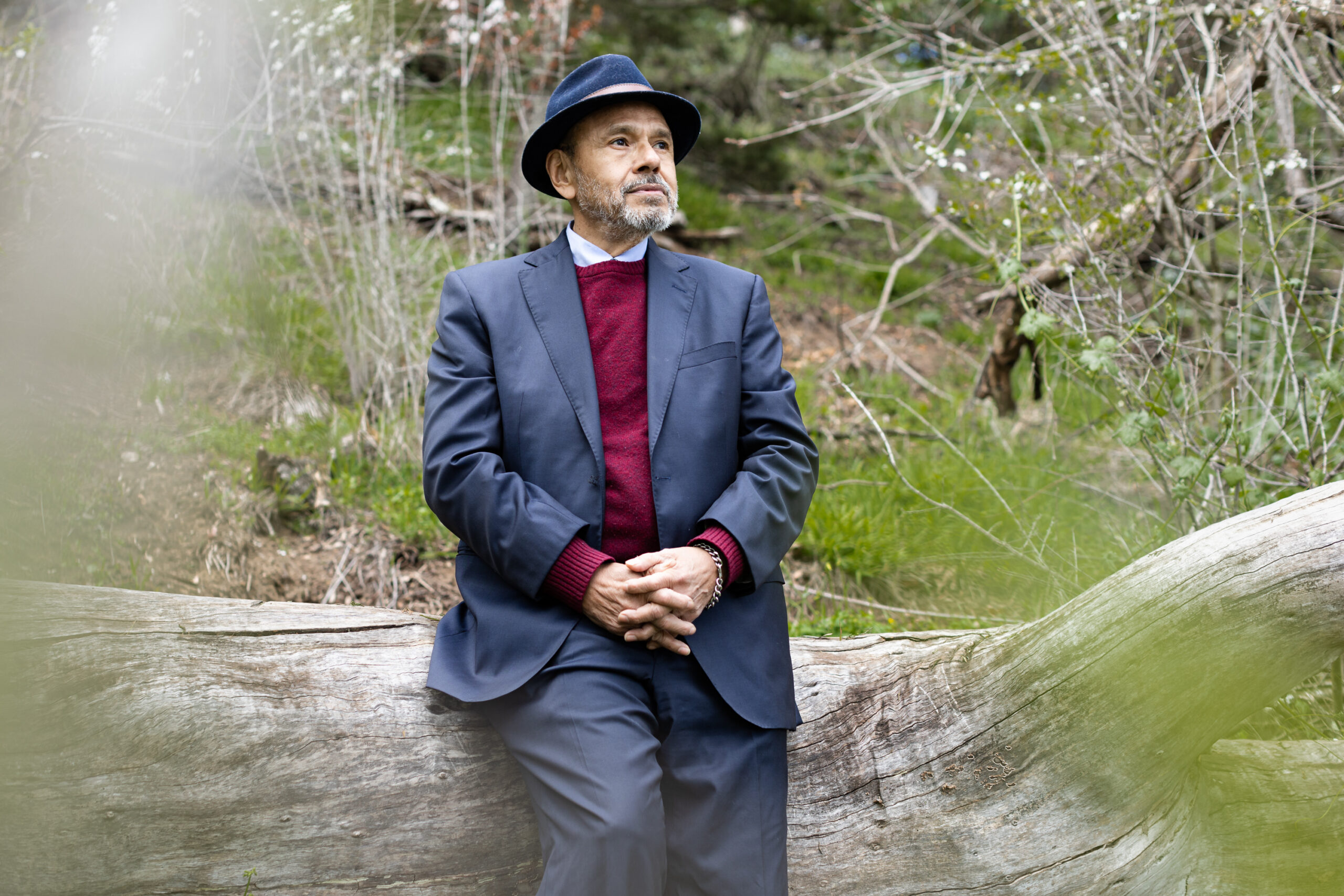Antonio Salazar-Hobson was just 4 years old when a pedophile couple who lived next door to his family kidnapped and trafficked him at a popular California tourist ranch where the abuse of children was widespread, an experience he documents in his 2022 memoir, Antonio, We Know You.
“They told me we were going to get ice cream,” Salazar-Hobson said. “But I knew something was wrong.”
Salazar-Hobson, who comes from a family of 14 migrant children, endured years of abuse at the hands of the middle-aged white couple, who handed him over to the ranch for consecutive summers, as they collected money for new cars.
“After my last assault, I decided to kill myself,” Salazar-Hobson said. “I was 9 years old, about to turn 10, and I had this fantasy that the only way I could return home was if I were dead.”
Salazar-Hobson fashioned a makeshift noose from one of the ropes on the property, and attempted to hang himself in the bathroom—but the shower cracked. His roommate rescued him and ensured he never had to go back to the ranch. Unfortunately, it would be years before he got free of his captors.
“I want children to know, no matter how damaged you have been, you can look forward to a loving life,” Salazar-Hobson said.
One out of every 10 children in the U.S. is sexually abused, according to Salazar-Hobson.
“Trafficking is enormous, particularly in the East Bay,” Salazar-Hobson said. “And there are a lot of anti-trafficking organizations fighting it.”
The imprisonment of Ghislaine Maxwell—who groomed and trafficked young girls for pedophile financier Jefferey Epstein to take to his estate in the Virgin Islands—marks an important turning point, according to Salazar-Hobson.
“I cannot remember the last time we got a conviction of such prominence,” he said. “But now you have to figure out how she was able to carry this out with impunity? With so many important men visiting the location?”
Salazar-Hobson wrote his book to draw attention to the issue of trafficking and give hope to others. He also wrote it for political reasons—to underscore the fact that there’s an enormous disparity between the resources devoted to abducted white children and those of color.
“We’ve had embedded racism here for 400 years, and that means generations upon generations have lost children of color in which no effort was made to look for them.”
After his kidnapping, Salazar-Hobson’s family searched for him for two years, to no avail. It took 24 years before the author and labor attorney was finally reunited with his family.
Living in a motel with his captors for all of high school, a chance encounter Salazar-Hobson had with Cesar Chavez changed the trajectory of his life for good. The famed labor leader had asked to meet with eight Chicano students at Salazar-Hobson’s Lodi high school.
“I shook his hand and was so overwhelmed just to see him,” Salazar-Hobson said. “I said, my name is Tony Hobson. But my real name is Antonio Salazar y Bailon, and my parents are Jesus and Petra, and these are the names of my 13 brothers and sisters.”
Chavez saw something in Salazar-Hobson that the 12-year-old had not yet recognized in himself—promise. The labor leader asked Salazar-Hobson, and the other Chicano students, to work with him, eventually encouraging Salazar-Hobson to study law.
“He gave me that dream, and that means I can get out of here,” Salazar-Hobson said. “That’s what I’m going to do. And I’m going to find my family at the same time and prove to them that I, too, am a Chicano and Mexican.”
His experience with Chavez inspired him to attend graduate school and become a labor and tribal attorney—and to use his voice to speak in defense of the powerless and forgotten.
“If you are a child of color, you don’t get an extensive police review. You don’t get vigils, and you don’t get national press,” he said. “[My abusers], they went to their deaths without a conviction, or arrest.”
Salazar-Hobson has lived in San Francisco for more than 40 years and has two children of his own as well as a long and successful career, serving as the first in-house counsel for Service Employees International Union, winning its first transgender case in 1985.
Upward of 25 million people are trafficked worldwide every year, according to Salazar-Hobson.
“I wrote the book because I survived,” Salazar-Hobson said.
